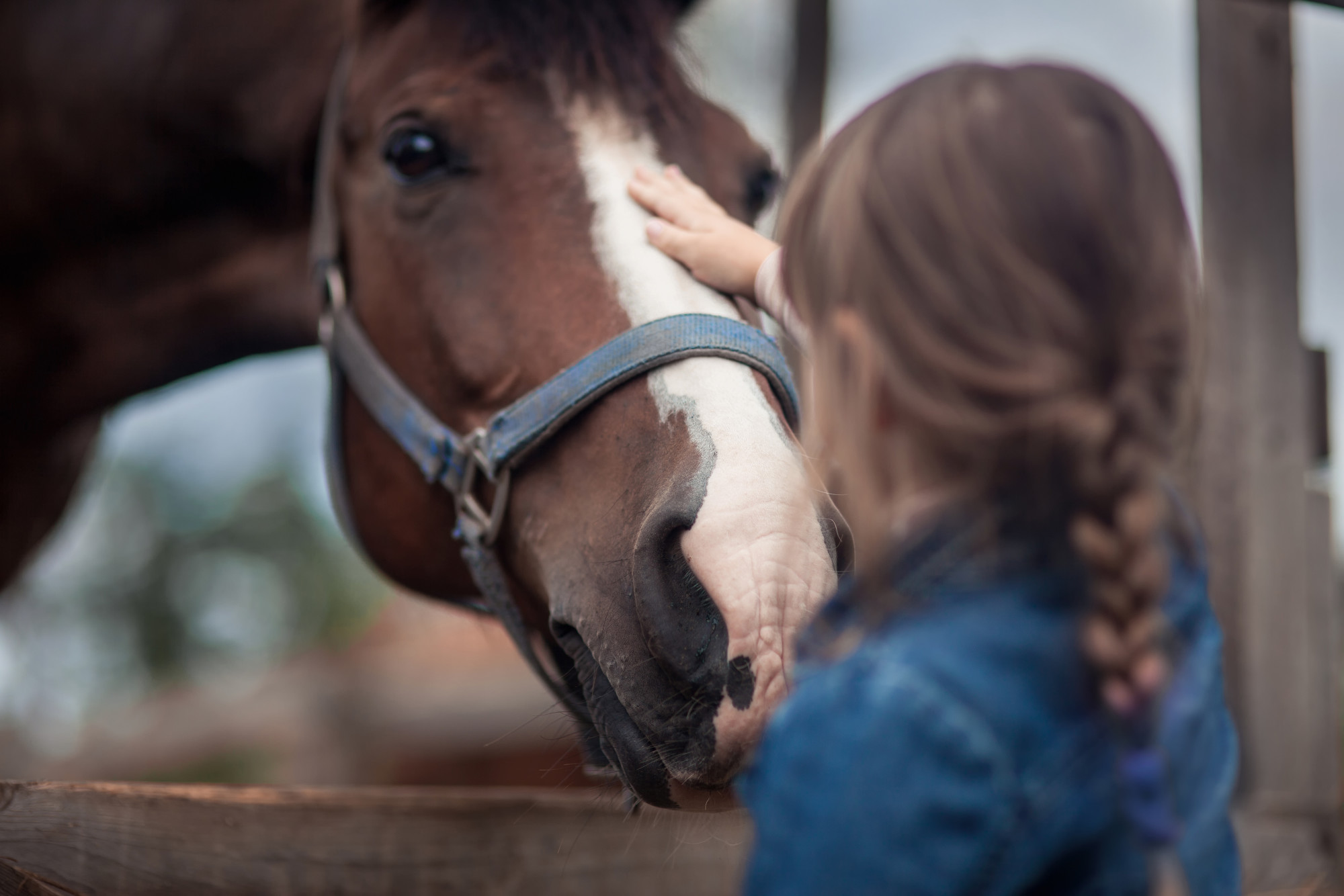If you love horses, there’s a good chance your life’s ambition is to own one sometime in the future. Yet, buying a horse isn’t something you can take lightly.
The average lifespan of a horse is between 25 and 33 years, so it’s important that you know what you’re getting into.
Before you start picturing yourself riding off into the sunset, consider these issues.
Buying a Horse That Suits Your Abilities
Loving horses is one thing, but owning one is quite another. Unless you’re a competent rider, you’re better off enjoying trail rides or taking the occasional lesson at your local riding school.
It takes many years of riding experience to know what type of horse suits you. If you buy a reliable old steed, you’ll soon grow bored with it as you become more advanced.
If you get a horse that’s beyond your capabilities, you’ll soon lose your nerve or suffer a serious injury.
It’s easy for a first-time horse owner to become overwhelmed by the number of choices available. Always take your riding instructor along with you when viewing horses.
They know your abilities best and know what to look for when buying a horse. They’ll also help you negotiate the sugar-coated sales talk you’re likely to encounter when you go to view a prospective mount.
Affordability Issues
Owning a horse can be an expensive hobby. Unless you have the facilities to care for it yourself, you’ll need to pay board for it at a local stable.
Vet bills are a matter of luck, but you can expect bills for worming and vaccinations from time to time.
Horses are pretty good at injuring themselves and developing life-threatening stomach upsets, so veterinary insurance is another expense to add your monthly budget.
You’ll need a variety of equestrian goods to ride and train your horse. These include a saddle and bridle, riding gear, protective boots, and training aids.
You’ll also have to invest in some horse-related paraphernalia to keep your horse happy and healthy. These include rugs, a grooming kit, feeding equipment, and basic veterinary supplies.
If you can’t afford to care for a horse properly and buy the necessary supplies and horse feeds necessary for proper nutrition, stick to part-time riding.
Where to Buy a Horse
While it’s tempting to buy a reasonably priced rescue horse from a shelter or take your chances at an auction, neither of these are good options for the unseasoned horseperson.
Shelter horses have often suffered untold abuse during their lifetimes. These types of horses need and deserve the care of an experienced equestrian to heal their spirits and reach their full potential.
Buying a horse from a private seller is often the best option since they have their horse’s best interests in mind. Once again, taking your instructor’s advice, or asking them to find a horse for you, is the best route to take.
Cowboy Up
Buying a horse isn’t the only way to make the most of your love of horses. You can rub shoulders with the horsey set at equestrian events, or join a polo club as a social member.
Either way, ensure you look the part by checking out our awesome fashion advice for the well-heeled modern-day man.



